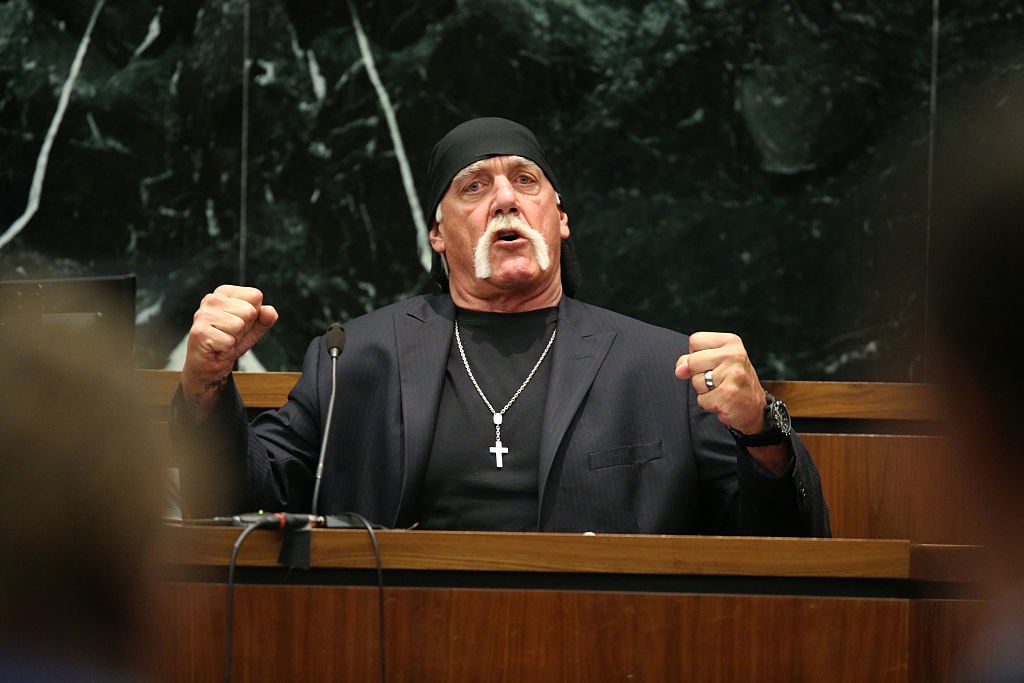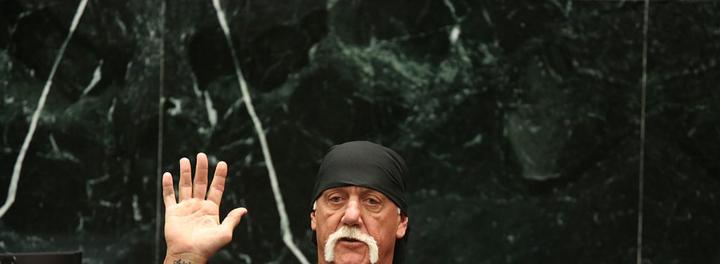

Second, even if such a chilling effect does not occur and a critical story actually is published, the costs of defending a lawsuit arising from it can be enormous.

In other words, billionaires who feel they have been libeled or had their privacy invaded by a news organization can score legal victories against the press via third-party funding of lawsuits in one of two different ways.įirst, the sheer fear of such lawsuits may result in self-censorship by news organizations who choose not to criticize a wealthy individual rather than risk fighting a potentially expensive and protracted legal battle. Others agree that Thiel has “created a model where any thin-skinned billionaire can ruin a media company without even telling anyone.” If a wealthy third party is willing to bankroll lawsuits by anyone with a grudge, and defending each case costs millions of dollars, the organization could get driven out of business even if it wins every single lawsuit. Any news organization doing its job is going to make some enemies. The threat to freedom of the press is obvious. They see Thiel as creating a playbook for other billionaires and millionaires to take on and silence members of the news media. The fear from First Amendment advocates in the press advocates is palpable.
#GAWKER WORTH FREE#
Dirk Shadd/Reuters Threats to a free press
#GAWKER WORTH TRIAL#
Terry Bollea, aka Hulk Hogan, testifies during his trial against Gawker. Brechner First Amendment Project at the University of Florida, which I’ve directed for the past six years, and in my book about privacy and articles about various threats to a free press. Most importantly, should third-party-funded litigation against news organizations be banned by lawmakers? This is the kind of issue I explore at the Marion B. news media outlets that are safeguarded under the First Amendment.

In turn, Denton sympathetically portrays Gawker, in an open letter to Thiel, as “a small New York media company” being bullied by a man with “a net worth of more than $2 billion.”īut regardless of whether it’s framed as a personal battle between Thiel and Denton or a larger one between protecting privacy and a free press, the revelation raises important questions about third-party financed litigation targeting U.S. Thiel sees Denton as “ a singularly terrible bully” who invades privacy for profit. At the end of the decade, Hogan managed to revive his finances and his reputation.Word last week that Silicon Valley billionaire Peter Thiel bankrolled wrestler Hulk Hogan’s invasion-of-privacy lawsuit against Gawker added a wrinkle to a case already featuring colorful characters and a US$140 million jury verdict.Īt a sensational and personal level, the story highlights the animus between PayPal co-founder Thiel and Gawker founder Nick Denton stemming from a 2007 gossip item that publicly outed Thiel as gay. He became a brand ambassador for various brands, became hosts of reality show contests, began a career as a voice actor, and made cameo appearances on television. Hogan started getting creative in the 2010s to generate income. During this time Hogan was an aging WWE star and guest appearances alone were not going to help him generate enough income. By 2011, according to Hogan the divorce proceedings and his lavish lifestyle left him almost broke. Nick ended serving jail time for his involvement in the accident.Īt the time of these incidents, Hogan's net worth was around $ 30 million. About the same time his son Nick Hogan had been involved in a serious car accident where his passenger was seriously injured. His wife of 24 years of marriage Linda Claridge filed for divorce and was ready to take him to the cleaners after alleging that he had affairs outside of their marriage. 2007 proved to be a tough year for arguably the greatest WWE wrestler of all time, Hulk Hogan.


 0 kommentar(er)
0 kommentar(er)
